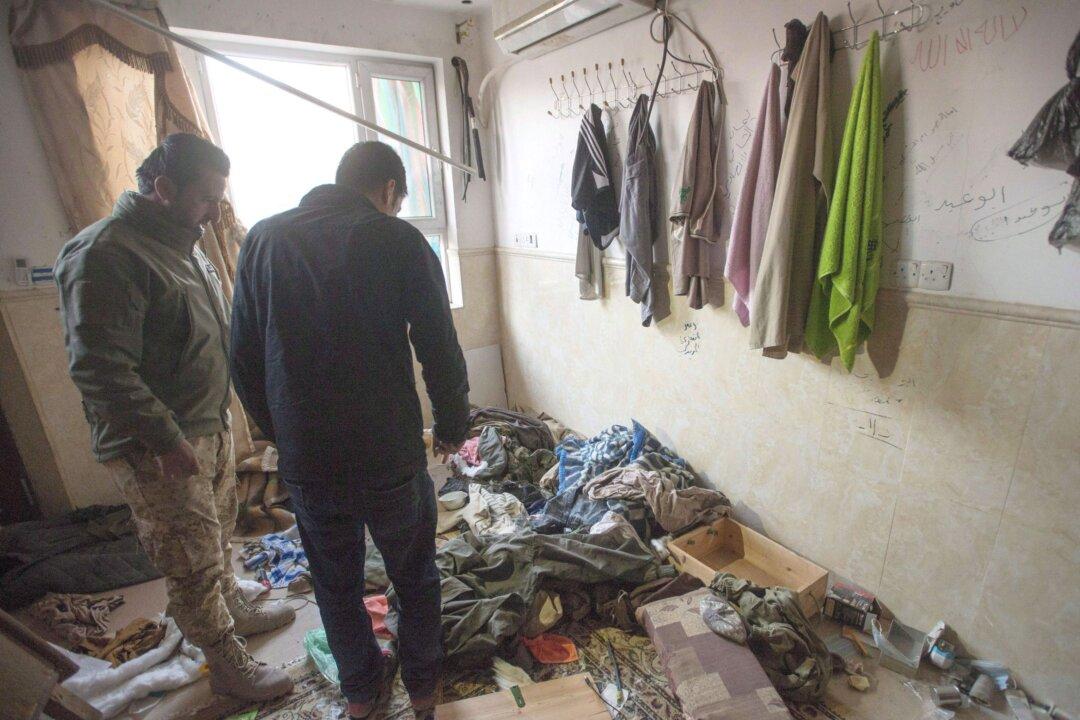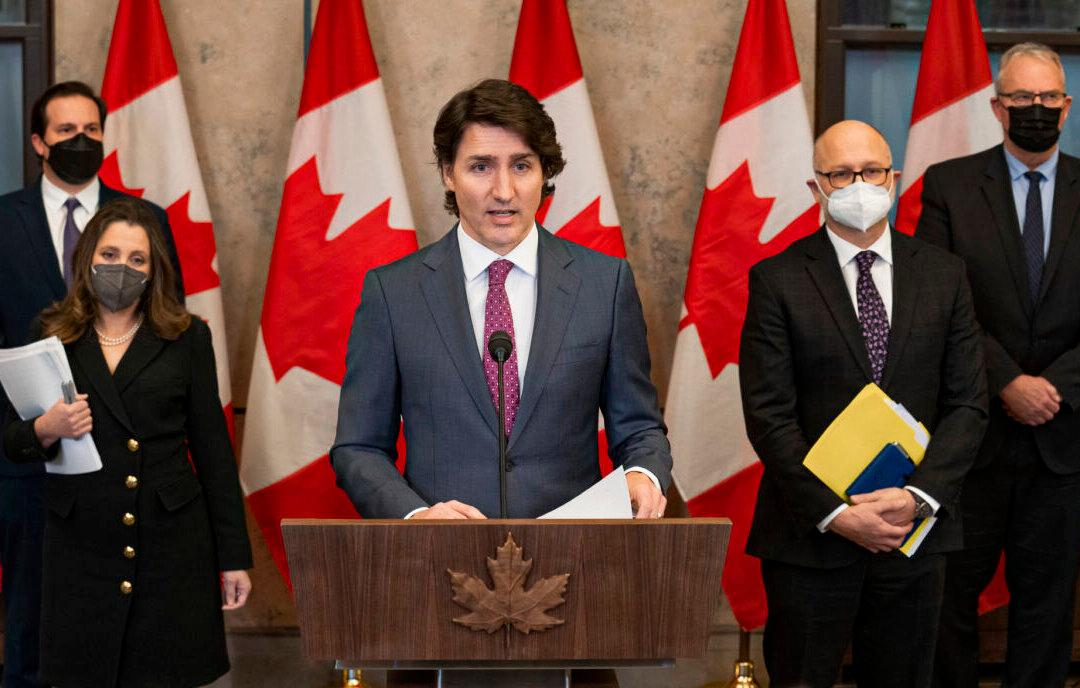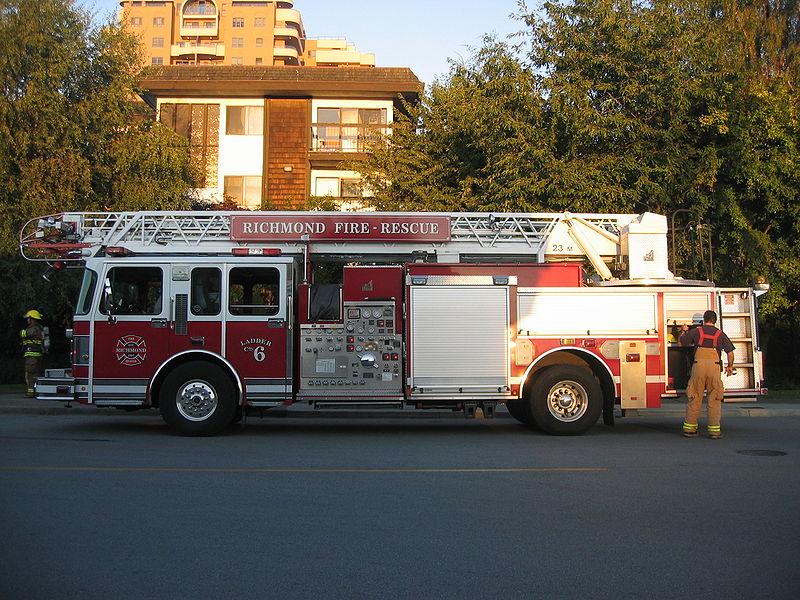With the collapse of the ISIS terrorist group in Syria and Iraq, human rights and security experts say it’s time for Ottawa to stop dragging its feet and take action to bring Canadians who joined ISIS to justice, whether they are detained abroad or have already returned.
Kurdish officials are currently holding 13 Canadian citizens—including three jihadi fighters, their wives, and seven children—in makeshift prisons in northern Syria, but these detainment camps are overstretched and authorities want Canada to take back its citizens, according to a Global News investigation.





